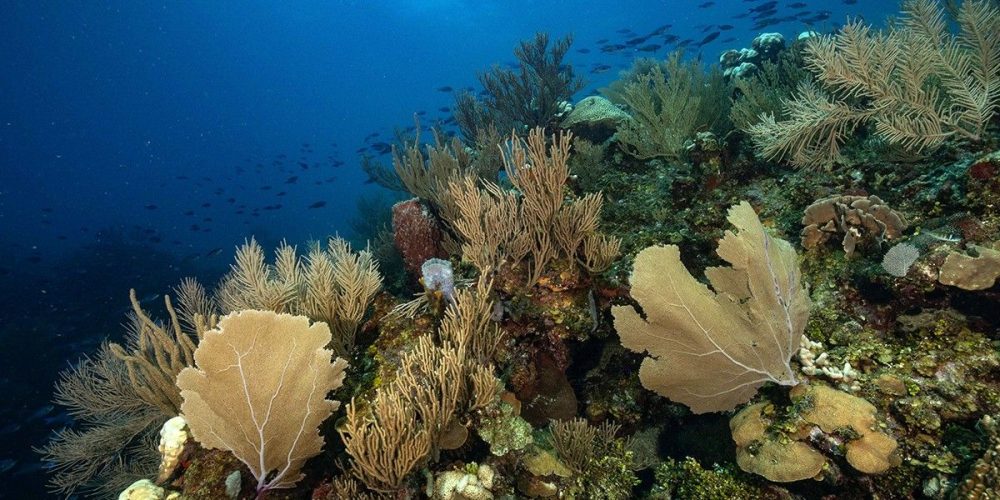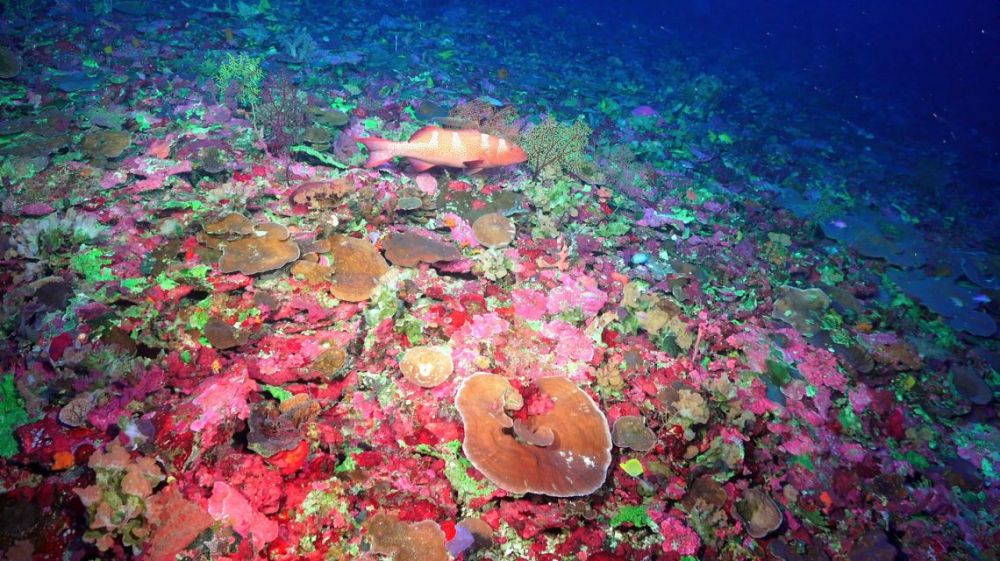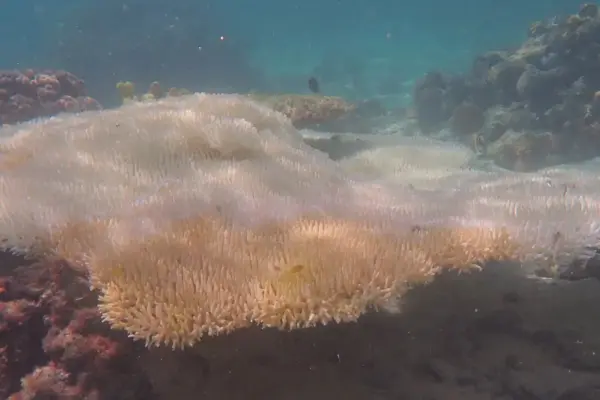Climate Change-Resistant Corals can Bring Reefs Back to Life, Study Suggests
Coral reefs are known to be habitats for many marine animals, so it has become extremely important to preserve them. The threat of climate change and global warming has pushed the population of the world’s coral reefs on the edge. Scientists have been looking at climate-resistant corals to rejuvenate these threatened ecosystems.
However, a team of scientists at the University of Pennsylvania has illustrated that there is an innovative way to limit the damage. It has considered the climate-resistant corals to rejuvenate these vulnerable ecosystems. The coral species that have survived the exceeding temperatures for rejuvenation of species, by planting more of them in the areas of depleting reefs.

Image: Coral Reef Alliance
Coral bleaching occurs when warmer-than-normal ocean temperatures trigger corals to release algae, which is a source of food. Bleaching has caused dismaying, left corals without food, leading to their decline. However, some have recovered and resisted the bleaching altogether.
Also Read: Microbiome Transplants help Coral Reefs Combat Heat Stress amid Global Warming
It is reported that mass bleaching events are happening more often, raising concerns over coral reef health in the near future. One strategy that has been envisioned is coral transplantation.
The new study in the Journal Proceedings of the Natural Academy of Sciences, led by Katie Barott found that these heat-resistant corals can thrive, even if they are transplanted to different regions with additional heat stress. The finding of the species offers new hope that these corals can help restore reefs.

Image: ROV SuBastian/SOI
The most significant aspect of this research is experimental testing if these climate-resistant corals can be used as seed stock to revive other species of degraded coral reef. While the solutions of transplantation study might be promising, it offers only a temporary solution to the threat of climate change.
Via: Science daily


